Around 100,000 Manchester City fans lined the streets of the city for their team’s long-awaited victory parade after finally winning the English Premier League and regaining the title champions that they last held back in 1968.
But there was a modern twist to this most traditional of sporting celebration.
Of course there is nothing new about a winning soccer squad boarding an open top bus to parade their trophy through their own city centre – thanking the fans and accepting their adulation (classically to the tune of Queen’s anthem ‘We Are The Champions’).
Indeed, it’s become yet another footballing cliché: the captain and manager say thank you through a megaphone and the fans hold scarves aloft and cheer.
But Manchester City’s marketing team, knowing that not all fans could physically turn up in person in Manchester, used future facing media platforms to ensure that wherever Blues’ fans were in the world, they could join in and be on the bus with the team.
The club’s innovative marketers used CityTV cameras to live stream the bus top celebrations on their website www.mcfc.co.cuk and at http://onthebus.mcfc.co.uk and integrated the video footage with social media.
Using the hashtag #Together, which was plastered across the bus itself, fans and players alike could post their messages and photos which were then integrated into the news feeds. Geolcation was used to so track the parade live along the route via an interactive map.
Of course, lead sponsor Etihad (and kit sponsor Umbro) also got their fair share of awareness through eyeballs on the parade too.
This low latency piece of live team/fan interaction reflects City’s generally impressive marketing and communication season which has seen several much discussed initiatives such as its embedded partnership with games maker EA Sports – see our previous case study and its recent tie-up with location-based social network Fouresquare (which enables City fans to check into Foursquare at the Etihad Stadium, City Square, City Stores and official Heart of the City venues to take advantage of special Club offers on merchandise, food and drink, share photos, tips and lists). For further details see https://foursquare.com/mcfc.
This wasn’t the only football-related new media initiative to emerge from City‘s dramatic and decisive 3 – 2 win over Queens Park Rangers last Sunday. The game also saw QPR captain Joey Barton sent off for serious foul play (punching, kicking and headbutting).
Barton used the paid ‘Promoted Tweets’ service to apologise for his red card.
This might be the first time that an English football has paid Twitter to have their Tweets reach a wider audience other than just those already following them.
Promoted Tweets are ordinary Tweets purchased by advertisers who want to reach a wider group of users or to spark engagement from their existing followers. They are clearly labelled as Promoted when an advertiser is paying for their placement on Twitter, but in every other respect they act like regular Tweets and can be retweeted, replied to, and favourited.
All Promoted Tweets are first displayed as regular Tweets to the timelines of people following an account. The advertisers can then promote those Tweets to spark additional conversation.
Barton has taken to Twitter in a big way this season to try and change his bad boy image into something more akin to renaissance man. His tweets encompass both bizarre statements, faux philosophy and puerile insults. So it seems a typically unusual move for him to use a service more often associated with commercial ventures.
However, while Barton’s tweets may not be to everyone’s taste, his Twitter strategy is clever in so much that it is clearly working in terms of improving his brand profile. His has more than one and half million followers, which certainly boosts his media profile and lays the reach groundwork for a biography should one come along soon.
Others are sure to follow his innovative example.
Comment:
This is less about sponsorship and more about how sports teams are using new media to engage with their fans and alloww them to share in their experiences – live.
Manchester City as an organisation is being completely overhauled since is takeover by an Abu Dhabi sheik in 2008. Its approach to sponsorship and partnerships is no exception.
Manchester City are solidifying their position as one of the more innovative sponsorship, marketing and communication rights owners in the football. Much of the club’s imaginative approach is being driven by head of partnership Luis Vicente.
“Sponsorship in its traditional form is dead,” says Vicente. ‘You have to come up with something that is an embedded, engaging experience with your partners. Brands should be talking about strategic partnerships, rather than sponsorship.”
City claims it will only seek commercial relationships on the basis of overlapping business objectives and the potential for collaboration. For them it is less about where its partners can place their logos, or about the size of the financial commitment (cash amount of the deal), but about a ‘mutually beneficial fit’.
Halleluiah!
Links:

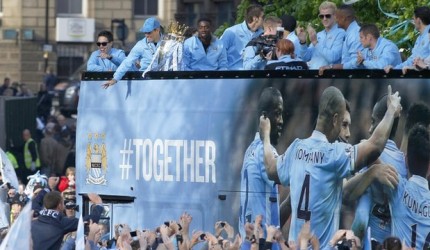






















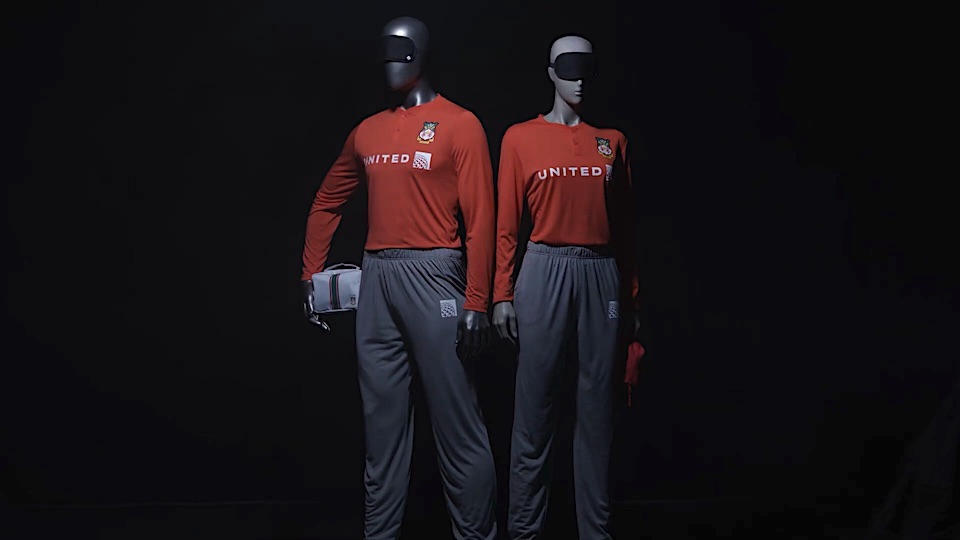

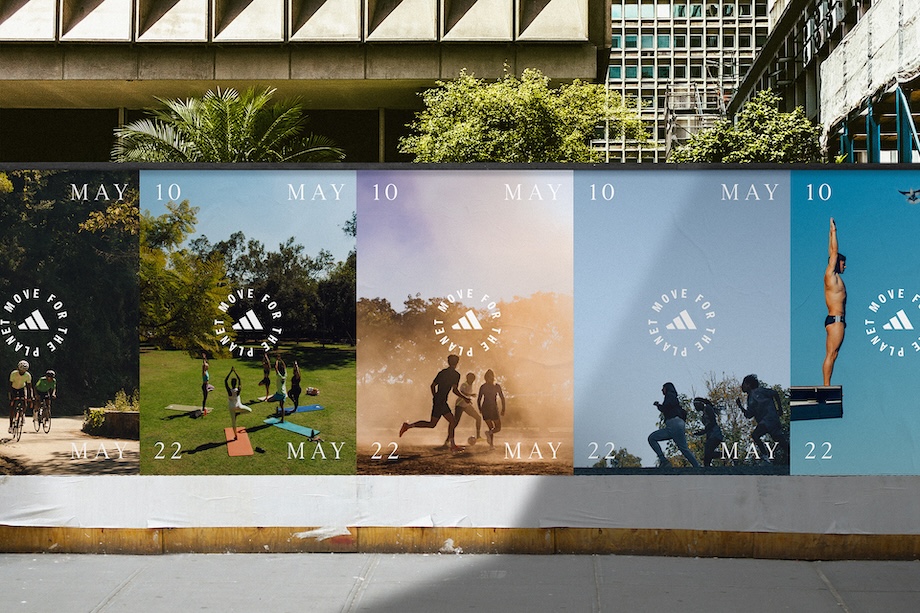
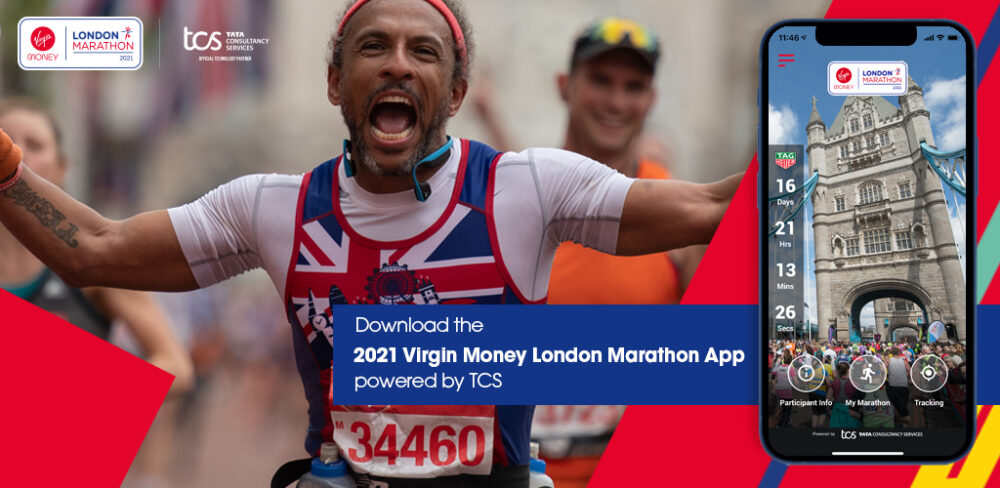
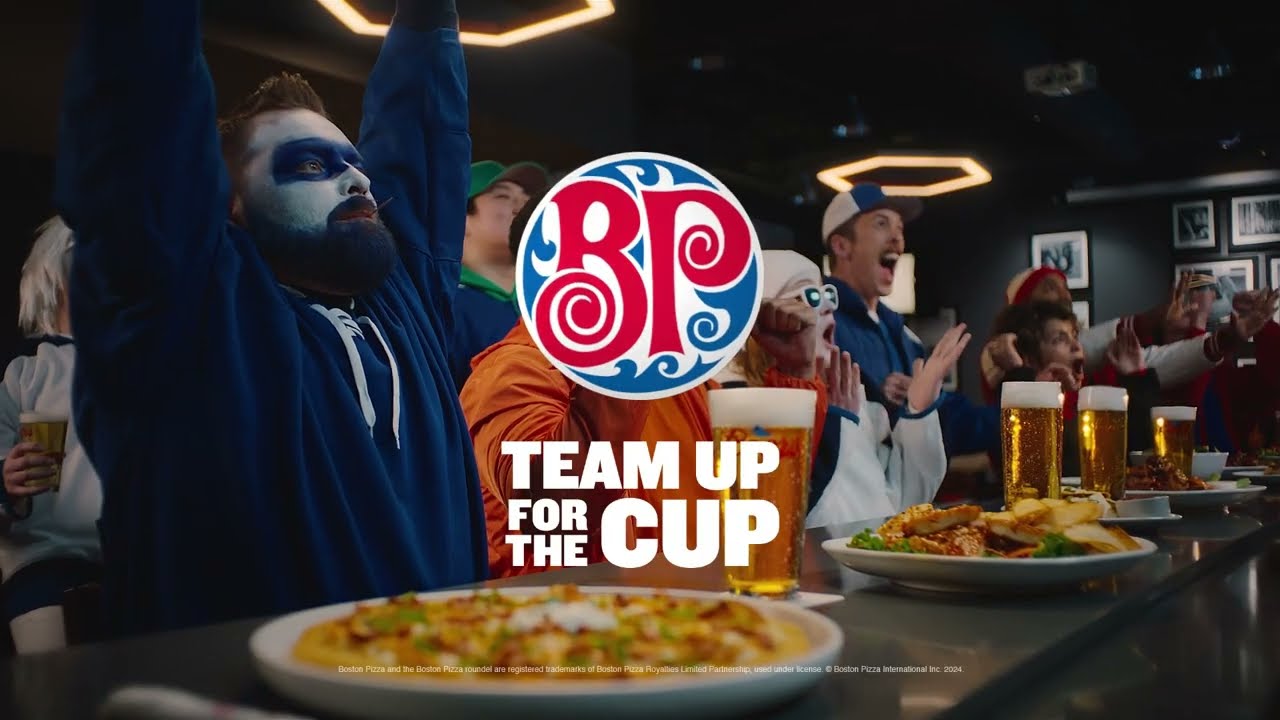
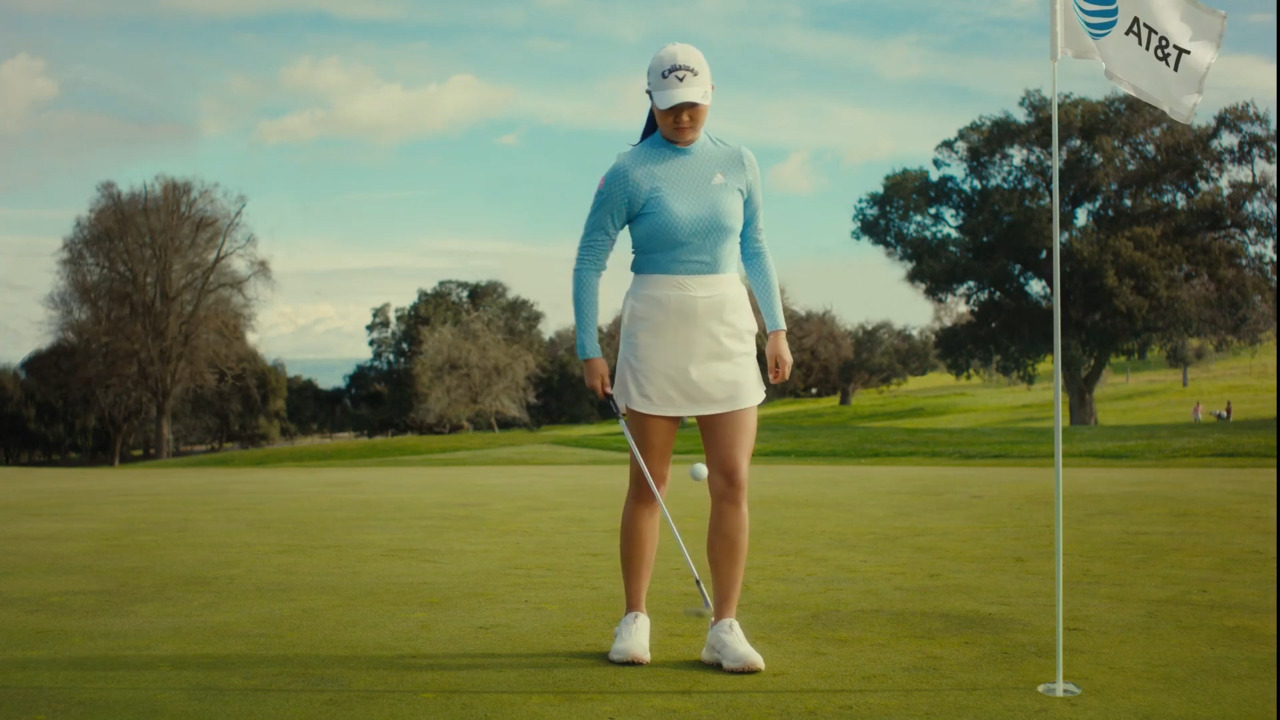
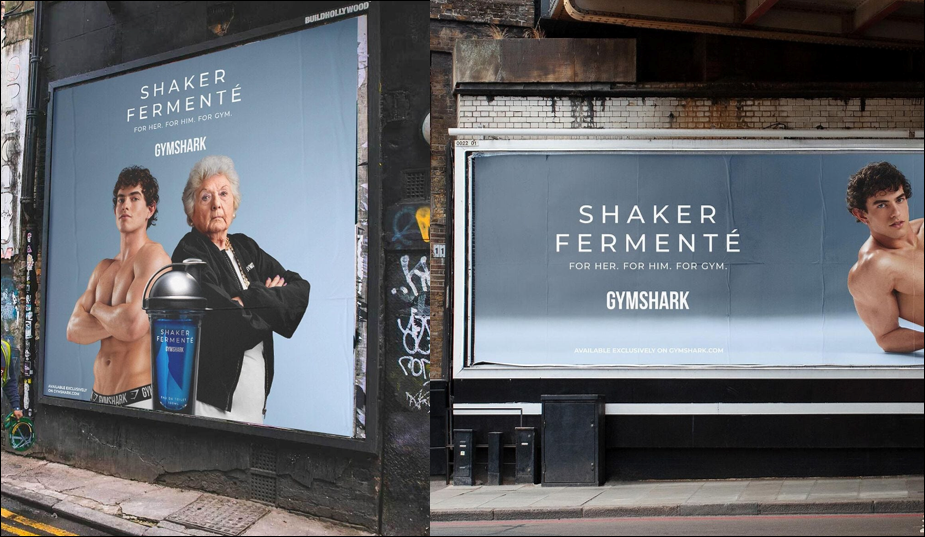
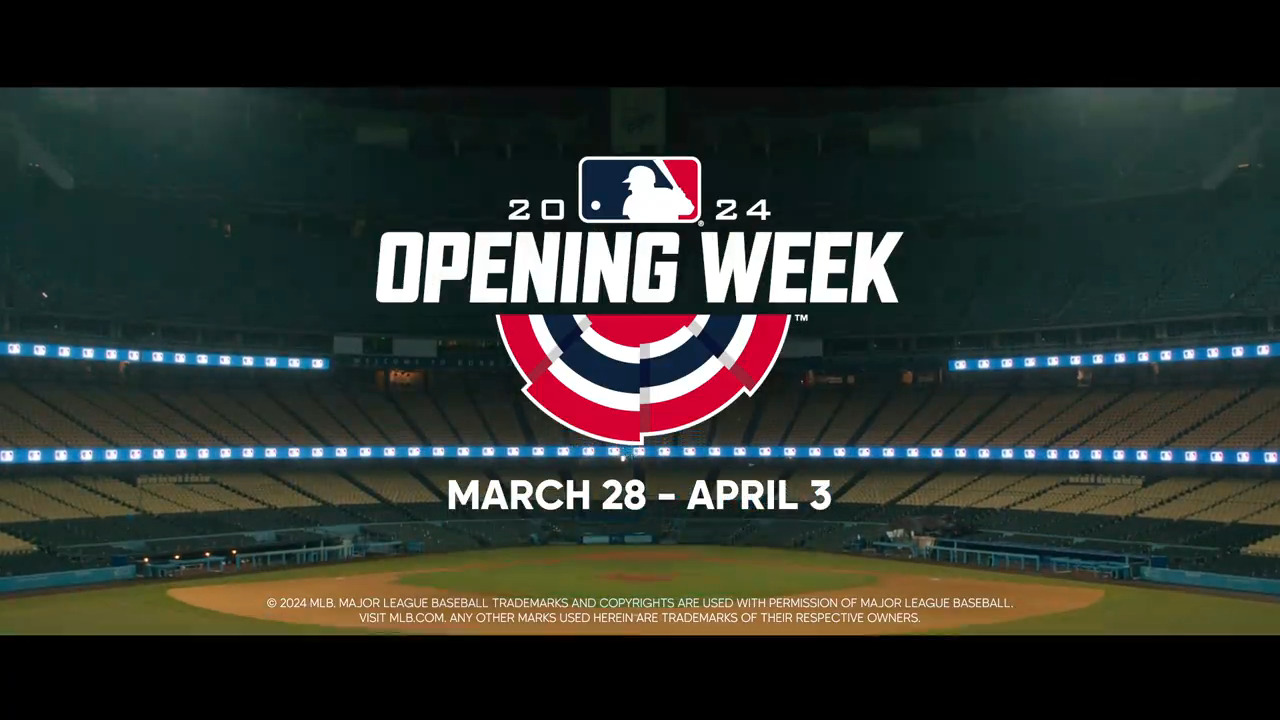
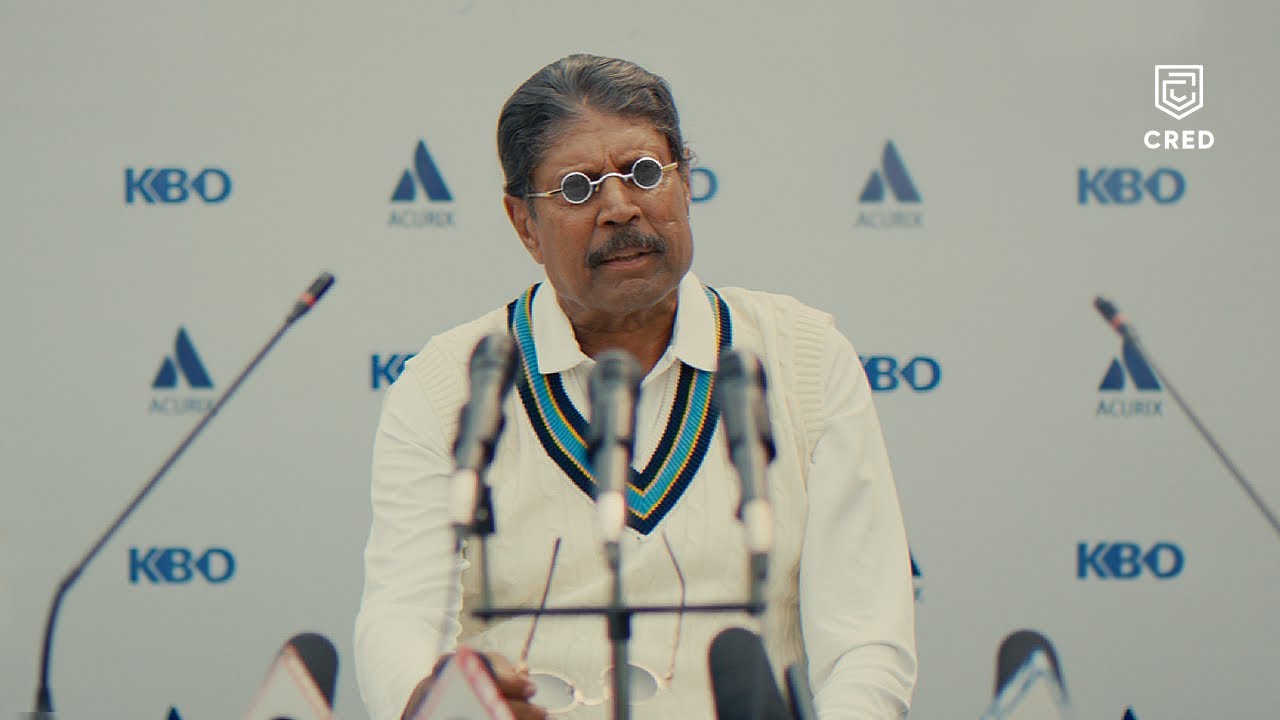
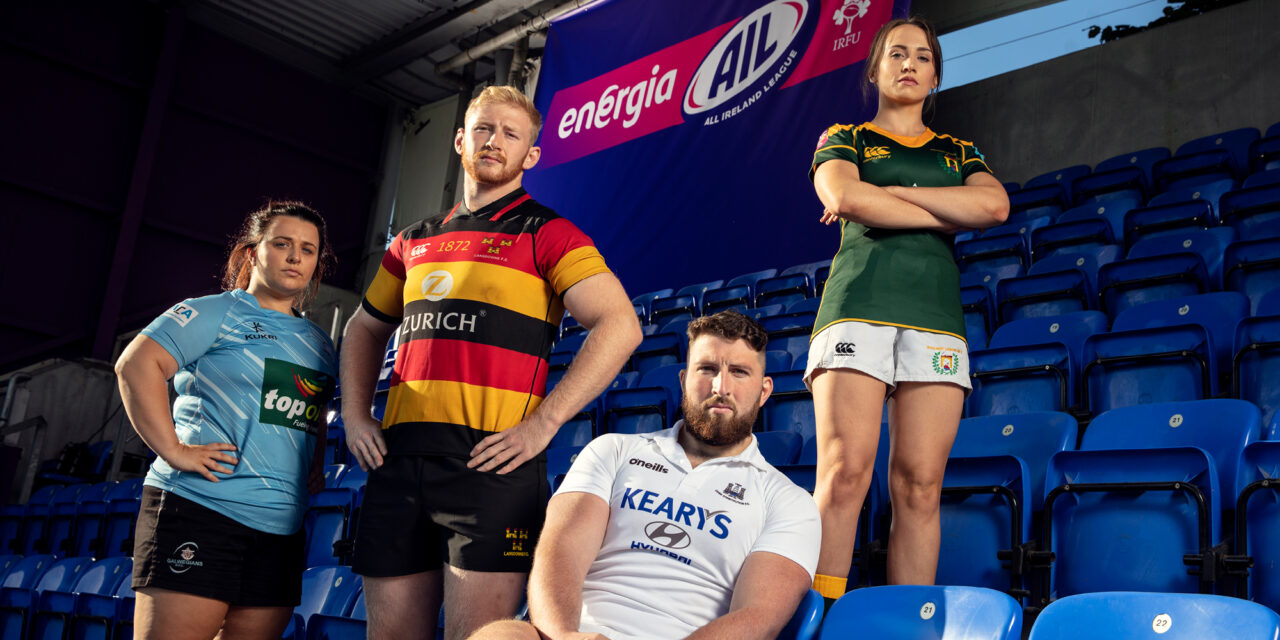
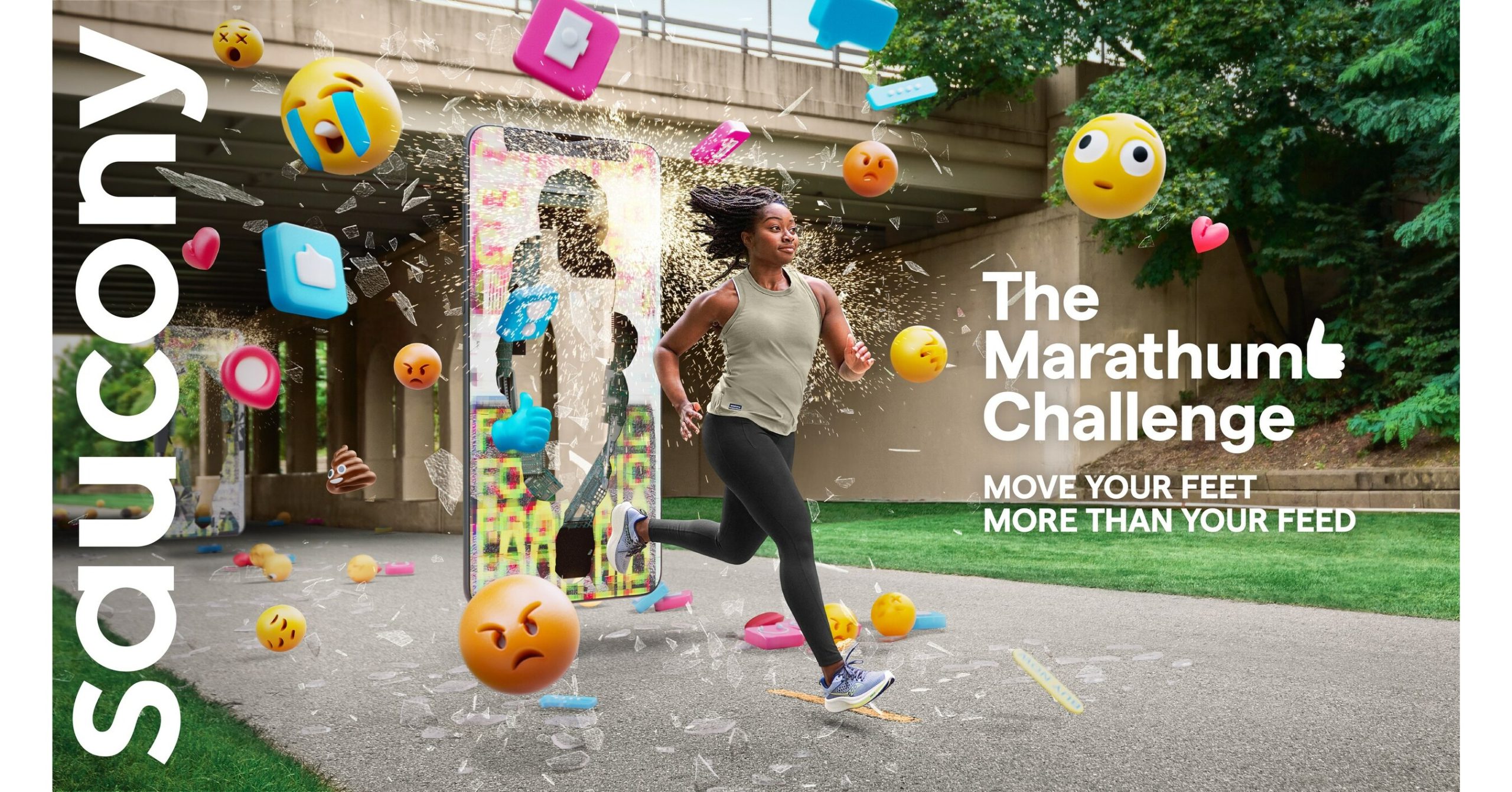

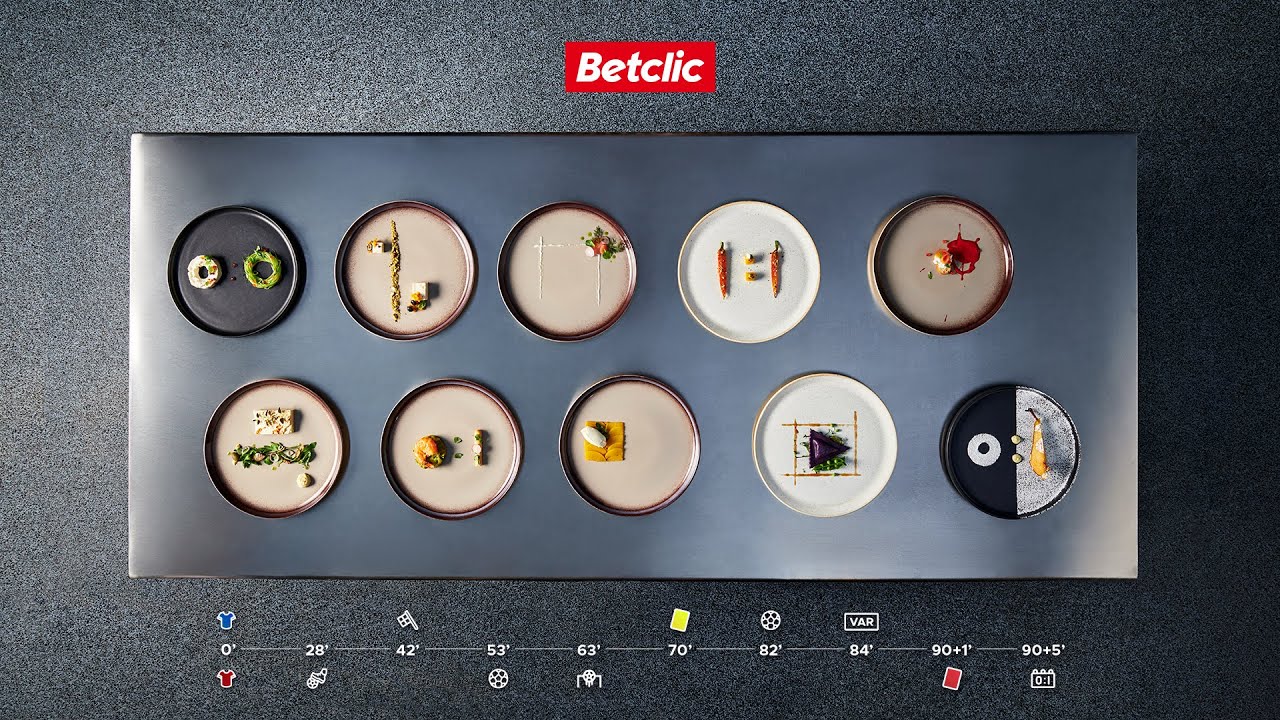

Leave a comment
You must be logged in to post a comment.